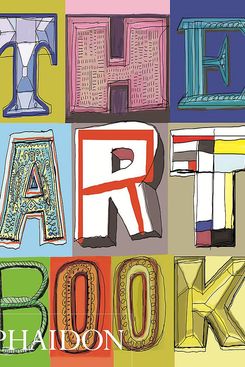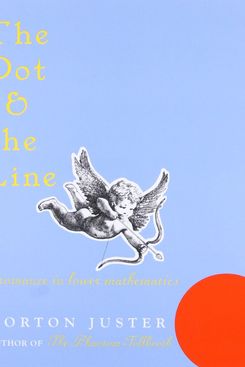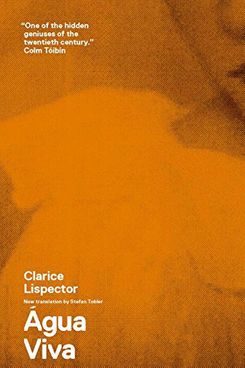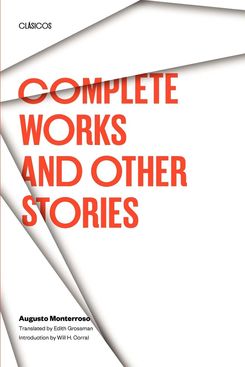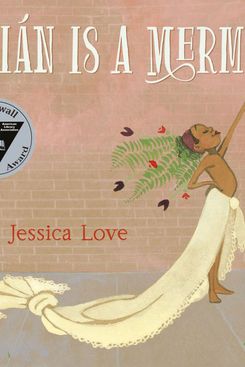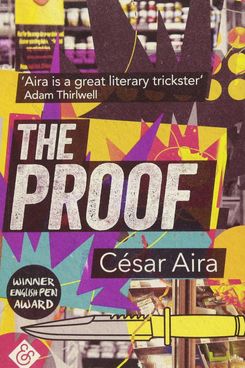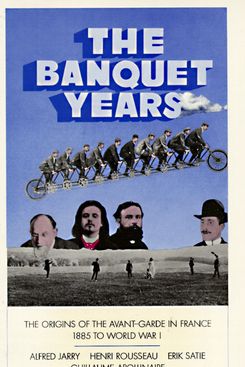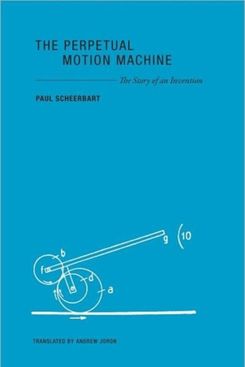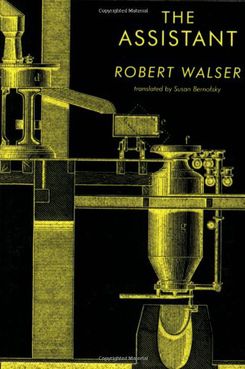
Bookseller One Grand Books has asked celebrities to name the ten titles they’d take to a desert island, and they’ve shared the results with Vulture. Below is comedian Julio Torres’s list.
There was a lot of art books and atlases in my home when I grew up. This monograph of outstanding visual arts of the 20th century is very broad, but I remember it being an endless abyss of different little worlds. A painting does something that a children’s book doesn’t — it’s not a full story with a lesson, it’s whatever you want it to be. It doesn’t have a beginning, middle, and an end — it’s infinite.
I was never really much of an avid poetry reader, but for whatever reason Olds really connected with me. I remember reading these poems as a teenager and thinking, “Oh, she’s so fucking cool — this is a poem about the Pope’s penis.” For someone in a very conservative Catholic country, that felt so punk.
My editor suggested this while we were editing my comedy special — it’s an illustrated children’s book made for adults that follows the journey of a dot and a line. Also, it’s very short.
Reading this feels like going down a rapid, the way it flows. It’s so freed of expectations in a way that makes it very refreshing. It’s almost like jazz, full of nooks and crannies, sort of unpredictable but beautiful. There’s a fellow comedian, Jaqueline Novak, whose work I really like, and watching her perform a set I think, “Oh, she’s kind of the Clarice Lispector of the comedy scene.”
I’m currently working through this, one story at a time. A friend who works in publishing introduced me to Monterroso’s writing because I have often called some of my work fables, and Monterroso’s short stories feel like that, also. But they are also very unsettling, with a Kafak-esque sheen to them, like black little pearls that are beautiful but scare you.
Nick Kroll, the comedian, asked if I had read this — it’s a children’s book and it’s very lovely. For some reason water and mermaids is something I keep writing about, and this book touches on the same themes.
There’s a whole wave of Latin American fiction that I didn’t encounter until later in life. In high school one reads grand narratives like Don Quixote, and Garcia Marquez was the closest to contemporary we got. This felt like watching the movie Ghost World; there’s something very exciting and fun about the quotidian in it.
At one point, I was transcribing Shattuck’s journals — I don’t know what happened with that, but as a result I feel connected to this book, which explores early 20th-century Paris through the artists of the time, in a strangely personal way. Also, it’s about a writer looking at art, which is what I was doing with the The Art Book, so there’s a thread of what I like about it in the artist’s perception of art — just curating, showing, explaining, unpacking, translating from abstraction.
This is a curious little book I picked up while I was working at the Neuegalerie in New York, a very formative period in my life. It was published in the early 1900s and chronicles the author’s attempt at making a perpetual motion machine. Part musings, part diary entries, it’s a trial-and-error novella about the author attempting to devise a perpetual motion machine and how that obsession illuminates the problems in his real life. It’s a story that’s riddled with failure, but stubbornly optimistic in a way I can relate to.
As someone who has been an assistant, I really connected with the protagonist, a young man working as an assistant to an inventor. There is also something lovely and dreamy and seductive about it. I went in thinking it was going to be tense and bureaucratic in some way, but there was something eerily relaxing about it.


